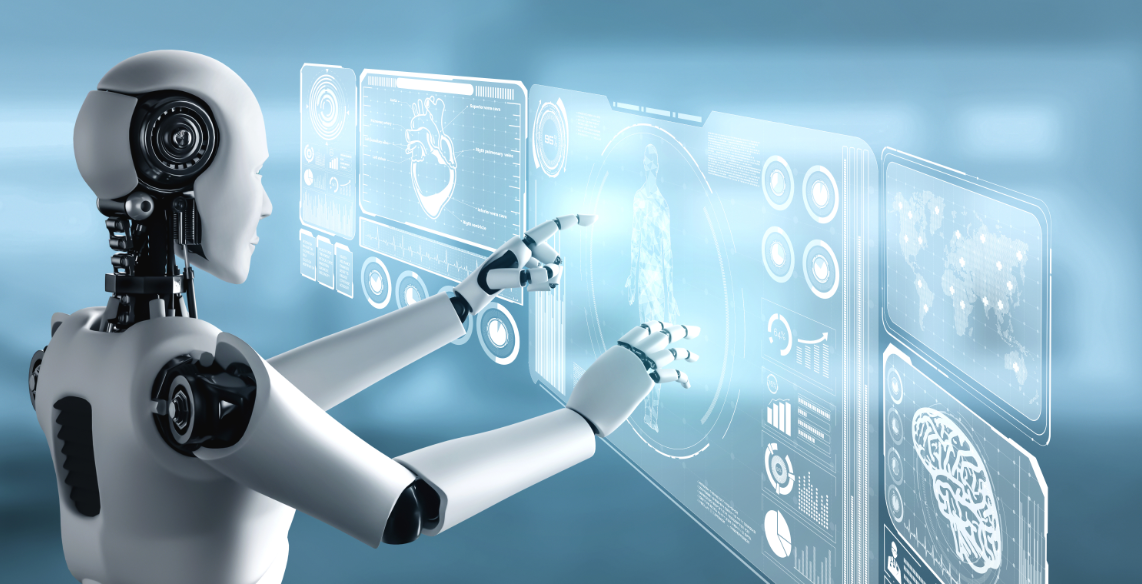
人工智能在教育中的应用能够极大地改变教育行业。它可以帮助老师和学生快速获取有用信息,并提供其他诸多好处。
通常来说,教室里的学生和老师的比例是相对较高的。然而,有时候一个老师要同时管理和关注所有学生是非常困难的。在教育领域,人工智能可以充当教师的助手,为各个领域提供帮助。技术在各个领域都在不断进步,并被证明对教育有着巨大的好处。据预测,到2030年,人工智能在教育领域的市场规模将达到257亿美元。孩子们的好奇心是无穷的,他们会提出一些人类有时无法正确回答的问题。为了满足这种好奇心,教育领域的人工智能可以成为解决方案。
人工智能在教育领域有着优化教与学的潜力,可促进教师和学生技能的发展。在教学过程中,人工智能能够提供个性化学习体验,为学生量身定制教学内容。同时,它还能通过数据分析和智能评估帮助教师更好地了解学生的学习状态,以便进行有针对性的指导
教师在日常工作中需要处理一系列任务,如制定课程计划、评估学生的成绩以及安排课程表。然而,这些任务占用了大量的时间和精力,使得教师们在课堂上的教学时间和能力受到了限制。 为了解决这一问题,自动化这些手动任务可以为教师节省时间。通过利用技术工具和系统,教师们可以更高效地完成计划、评分和课程安排。这样一来,他们就能够腾出更多时间,专注于他们最擅长的领域,如教学和帮助那些有特殊需求的学生。 自动化可以简化教师的工作流程,提高他们的工作效率。同时,它还能减
通过了解学生的学习偏好、学习速度和知识程度,人工智能可以根据个体的需求推出定制化课程,以优化学习体验。相比教师手动完成同样的任务,人工智能能够节省时间,简化课程个性化的过程。
人工智能聊天机器人能够访问学校的知识库,以回答重复性或一般性的问题,无需教师介入。它帮助学生快速消除疑虑,让他们能够专注学习,而不会受到干扰。
将人工智能融入教育中,可以为学生提供个性化的学习,有助于提高学生的知识水平,同时也能让孩子按照自己的节奏进行学习。此外,学生还能快速解决问题,不再完全依赖教师的回答。在教育中应用人工智能能够让学生更好、更快地学习,并通过自动化手动任务帮助教师减少工作量。从演示到虚拟现实,各种技术的应用将为教育领域带来许多进步。
在教育中使用人工智能有多个潜在的好处,除以上所述的,还有:
总体而言,人工智能在教育中的应用可以提高教育效果,促进学生个性化发展,增加教育效率和创新。然而,我们也需要平衡技术的使用,确保仍然重视人的关怀和人际交流,因为这些是教育的核心价值。
以上就是探索人工智能在教育中的应用原因的详细内容,更多请关注php中文网其它相关文章!

每个人都需要一台速度更快、更稳定的 PC。随着时间的推移,垃圾文件、旧注册表数据和不必要的后台进程会占用资源并降低性能。幸运的是,许多工具可以让 Windows 保持平稳运行。

Copyright 2014-2025 https://www.php.cn/ All Rights Reserved | php.cn | 湘ICP备2023035733号